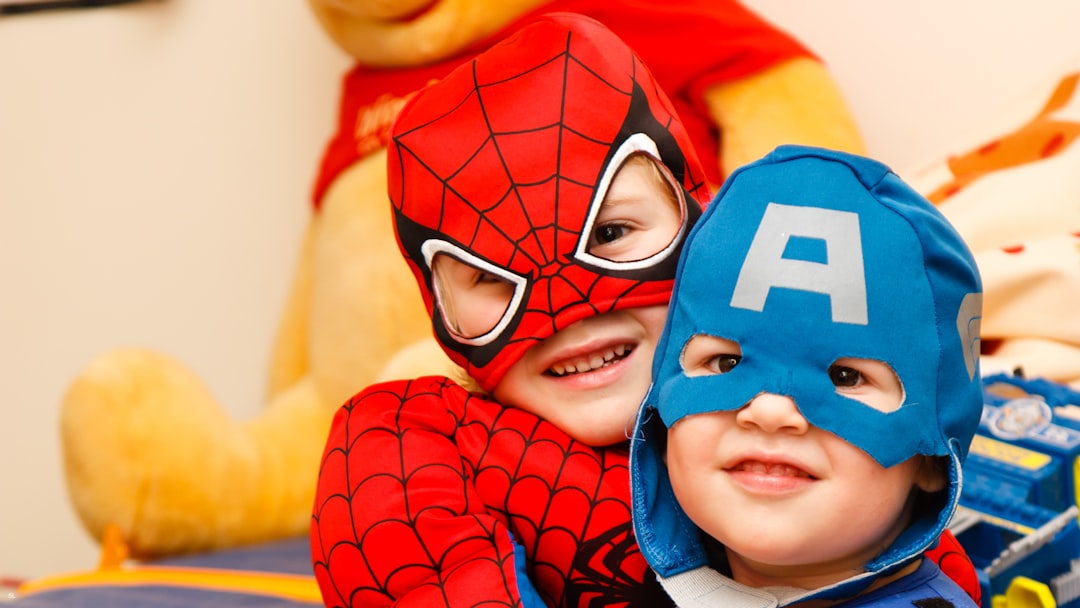
Exploring Cultural Highlights for Kids: A Fun Guide to Learning and Adventure
## Introduction. Traveling is not only about visiting new places; it's also about immersing oneself in unique cultures and learning from them. Exploring cultural highlights through kid-friendly activities can enhance a child's understanding of the world and spark a love for learning. This guide will outline various cultural experiences that are tailored for children, transforming trips into educational adventures filled with fun and awe. ## Why Cultural Experiences Matter for Kids. Embracing different cultures is crucial for children's development. Cultural experiences teach kids about diversity and foster empathy and understanding toward others. By engaging with new traditions, languages, and practices, children can develop critical thinking skills and global awareness. Additionally, exposure to various lifestyles can stimulate curiosity and creativity. Whether through food, festivals, or historical sites, cultural exploration enriches young minds and broadens their outlook. ## Historical Reenactments: Learning Through Play. One of the most engaging ways to introduce history to children is through historical reenactments. These events often take place in old forts, battlefields, or museums, where participants dress up and act out significant historical events. Locations like Colonial Williamsburg in Virginia or Plimoth Plantation in Massachusetts offer immersive experiences that transport kids back in time. Activities may include old-fashioned games, artisan crafts, and even storytelling sessions. Children learn history not just through lectures but by actively engaging in it, making the experience memorable and fun. ## Cultural Festivals: Celebrating Diversity. Cultural festivals are vibrant, lively opportunities for kids to engage with a culture's traditions. Events such as the Diwali Festival of Lights in India or La Tomatina in Spain are not only exciting, but they also provide a rich context for learning about customs, food, and dance. Attending local festivals allows children to taste traditional foods, see performances, and participate in activities unique to that culture. These encounters can help foster an appreciation for cultural diversity and expand children's understanding of the world around them. ## Cooking Classes: A Hands-On Cultural Journey. One of the best ways to understand a culture is through its food. Cooking classes designed for families can be a delightful and educational experience for kids. Many destinations around the world offer cooking classes that cover local cuisine, such as sushi-making in Japan or pasta-making in Italy. These classes teach children about the significance of certain ingredients, the history behind various dishes, and the regional variation in cooking methods. Plus, after cooking, families can enjoy the fruits of their labor together, reinforcing the cultural connection made during the class. ## Museums with Interactive Exhibits. Many museums are stepping up their game to create kid-friendly spaces that allow hands-on interaction with exhibits. Places like the Exploratorium in San Francisco or the Children's Museum of Indianapolis provide children with the chance to learn about science, art, and history in engaging ways. They offer workshops, interactive displays, and guided tours specifically tailored for younger audiences. Museums that focus on local art and history create an excellent opportunity for kids to connect with their own cultural heritage while learning about others. ## Urban Treasure Hunts: Exploring City Culture. City treasure hunts are an exciting way to engage kids in urban exploration. Various travel companies create scavenger hunts featuring local landmarks, historical sites, and culturally significant attractions. Children can learn about the history and culture of a city while searching for clues and completing challenges. This activity not only fills a day with adventure, but it also encourages teamwork and problem-solving skills. Plus, it creates lasting family memories of exploring new places together. ## Conclusion. Cultural highlights for kids provide more than just entertainment; they serve as vital learning experiences that contribute to a child’s education and worldview. From engaging in historical reenactments to exploring the culinary landscape of a region, there are countless opportunities for children to connect with different cultures. By incorporating these experiences into family trips, parents can turn travel into a meaningful adventure that fosters curiosity, understanding, and a love for learning that lasts a lifetime. .








